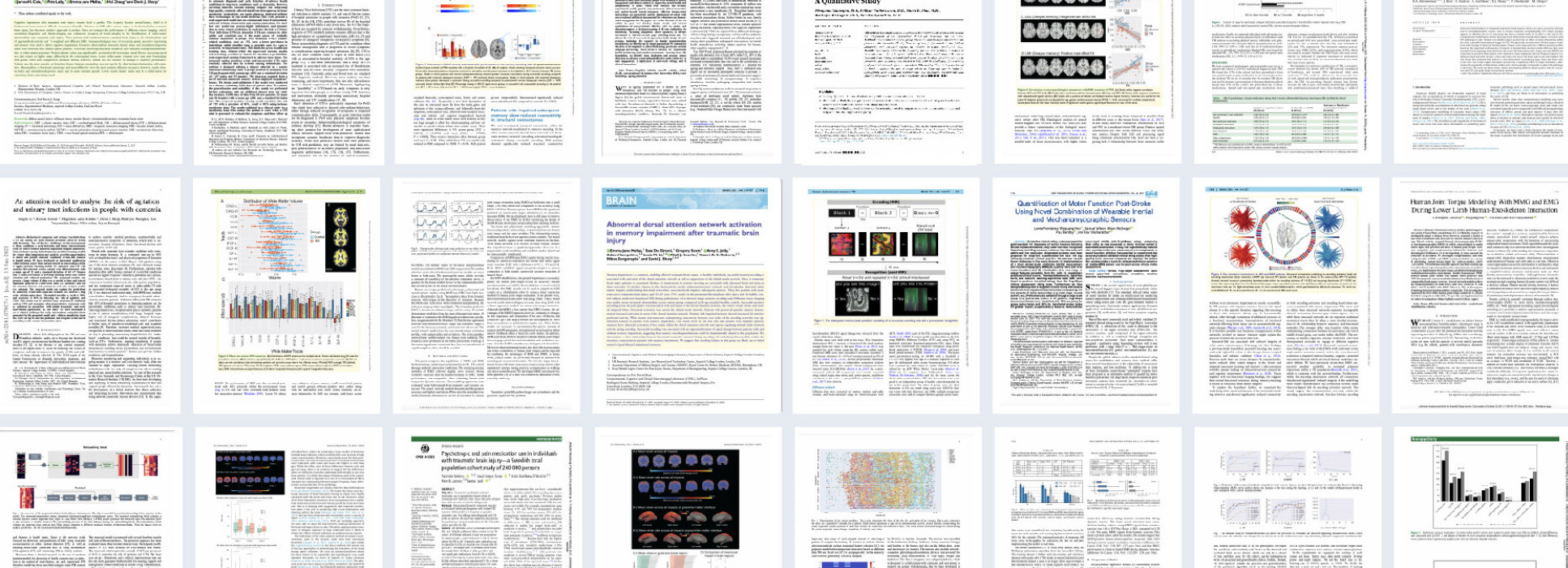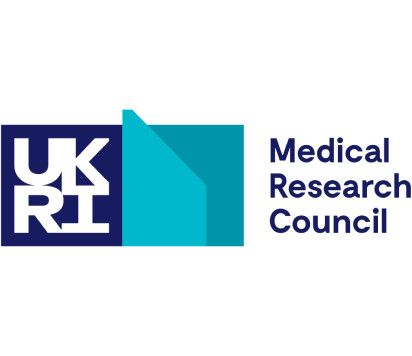BibTex format
@article{Enshaeifar:2019:10.1371/journal.pone.0209909,
author = {Enshaeifar, S and Zoha, A and Skillman, S and Markides, A and Acton, ST and Elsaleh, T and Kenny, M and Rostill, H and Nilforooshan, R and Barnaghi, P},
doi = {10.1371/journal.pone.0209909},
journal = {PLoS One},
title = {Machine learning methods for detecting urinary tract infection and analysing daily living activities in people with dementia},
url = {http://dx.doi.org/10.1371/journal.pone.0209909},
volume = {14},
year = {2019}
}




